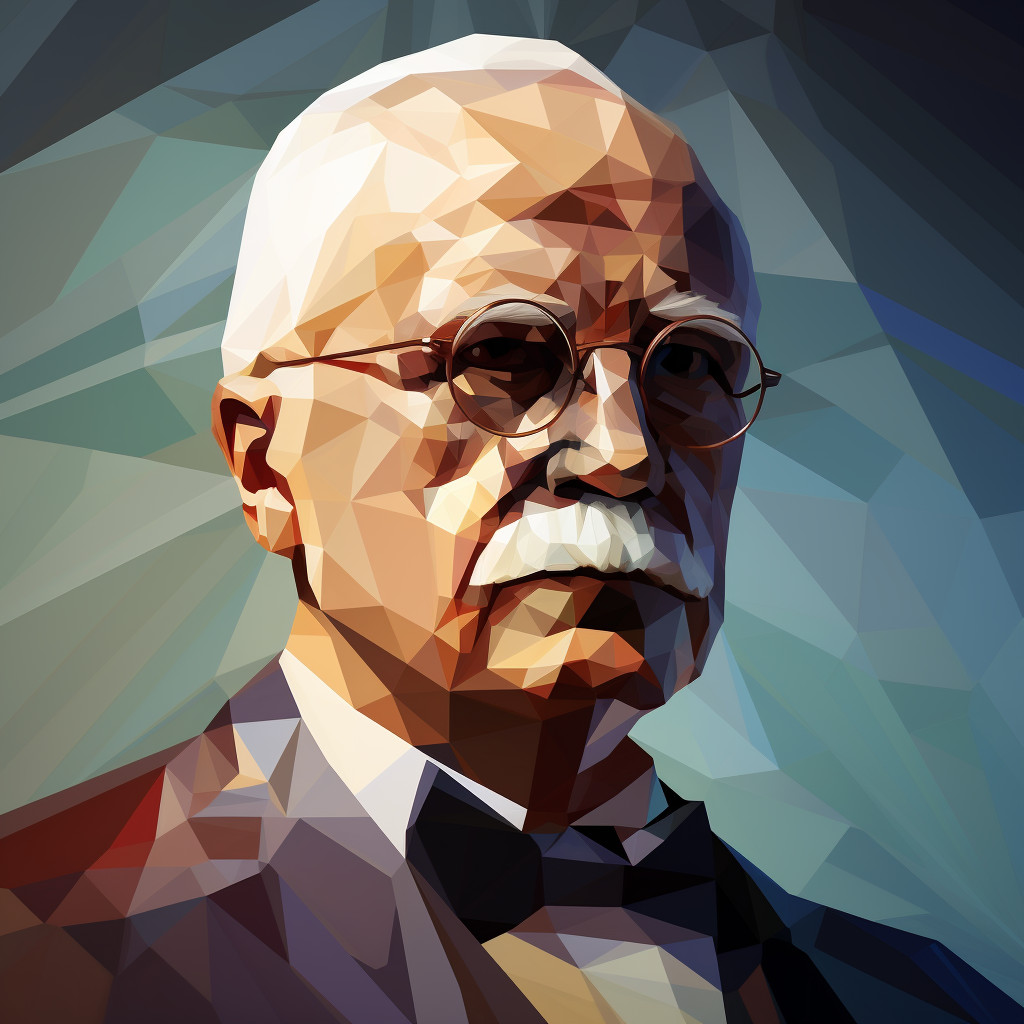'Consciousness' Quotes
Consciousness quotes are powerful statements that highlight the importance of self-awareness and mindfulness. They remind us to be present in the moment and to pay attention to our thoughts, feelings, and actions. These quotes have been used by philosophers, spiritual leaders, and motivational speak…Read More
Consciousness quotes are powerful statements that highlight the importance of self-awareness and mindfulness. They remind us to be present in the moment and to pay attention to our thoughts, feelings, and actions. These quotes have been used by philosophers, spiritual leaders, and motivational speakers throughout history to inspire individuals and society to live more consciously. From ancient Greek philosophers like Socrates and Plato to modern-day figures like Eckhart Tolle and Deepak Chopra, consciousness quotes have influenced and shaped the way we think about ourselves and the world around us. Their timeless wisdom continues to resonate and motivate people to live more meaningful and fulfilling lives.Read Less
Consciousness quotes are powerful statements that highlight the importance of self-awareness and mindfulness. They remind us to be present in the moment and to pay attention to our thoughts, feelings, and actions. These quotes have been used by philosophers, spiritual leaders, and motivational speakers throughout history to inspire individuals and society to live more consciously. From ancient Greek philosophers like Socrates and Plato to modern-day figures like Eckhart Tolle and Deepak Chopra, consciousness quotes have influenced and shaped the way we think about ourselves and the world around us. Their timeless wisdom continues to resonate and motivate people to live more meaningful and fulfilling lives.
338 Influential 'Consciousness' Quotations and Sayings
Consciousness – Symbolic Value
Consciousness is a concept that has been explored and pondered upon by philosophers, scientists, and spiritual leaders for centuries. It is often described as the state of being aware of one’s thoughts, feelings, and surroundings. However, beyond its literal definition, consciousness holds a symbolic value that goes beyond our understanding.In many cultures, consciousness is seen as a symbol of enlightenment and self-awareness. It is often associated with the idea of reaching a higher state of being, where one is in tune with their inner self and the universe. This symbolic value of consciousness is deeply rooted in spiritual and religious beliefs, where it is seen as a path towards ultimate truth and understanding.
Consciousness – Cultural and Historical Significance
The concept of consciousness has played a significant role in shaping the cultural and historical beliefs of different societies. In ancient civilizations, such as the Egyptians and Greeks, consciousness was seen as a divine gift, bestowed upon humans by the gods. It was believed that through consciousness, humans could connect with the divine and gain knowledge and wisdom.In Eastern cultures, such as Hinduism and Buddhism, consciousness is seen as the essence of life and the ultimate goal of existence. The concept of self-awareness and enlightenment is deeply ingrained in these belief systems, where consciousness is seen as the key to breaking free from the cycle of rebirth and achieving spiritual liberation.
Consciousness – Common Themes in Motivational Contexts
In modern times, consciousness has become a popular topic in motivational and self-help contexts. It is often associated with the idea of mindfulness and being present in the moment. The concept of consciousness is used to encourage individuals to be more aware of their thoughts and actions, and to live a more intentional and fulfilling life.One common theme in motivational contexts is the idea of expanding one’s consciousness. This refers to the process of broadening one’s perspective and understanding of the world, which can lead to personal growth and self-discovery. By being conscious of our thoughts and actions, we can make positive changes in our lives and achieve our goals.
Consciousness – Portrayal in Art and Media
The concept of consciousness has also been a source of inspiration for artists and writers throughout history. In literature, consciousness is often explored through the stream of consciousness technique, where the inner thoughts and feelings of a character are revealed to the reader. This technique allows for a deeper understanding of the character’s psyche and motivations.In art, consciousness is often portrayed through abstract and surrealistic pieces, where the artist attempts to capture the intangible nature of consciousness. These works often evoke a sense of mystery and wonder, inviting the viewer to contemplate the depths of their own consciousness.
Consciousness – Impact on Understanding of Life and Society
The concept of consciousness has a profound impact on our understanding of life and society. It raises questions about the nature of reality, the purpose of existence, and the interconnectedness of all beings. It also challenges our perception of the self and our place in the world.In recent years, there has been a growing interest in the study of consciousness in the fields of neuroscience and psychology. Scientists are trying to unravel the mysteries of consciousness and its role in shaping our thoughts, behaviors, and experiences. This research has the potential to revolutionize our understanding of the human mind and its capabilities.In conclusion, consciousness is a complex and multifaceted concept that holds great symbolic value, cultural and historical significance, and common themes in motivational contexts. It has been portrayed and explored in various forms of art and media and has a profound impact on our understanding of life and society. As we continue to delve deeper into the mysteries of consciousness, we may uncover new insights and perspectives that will shape our future understanding of this enigmatic concept.















